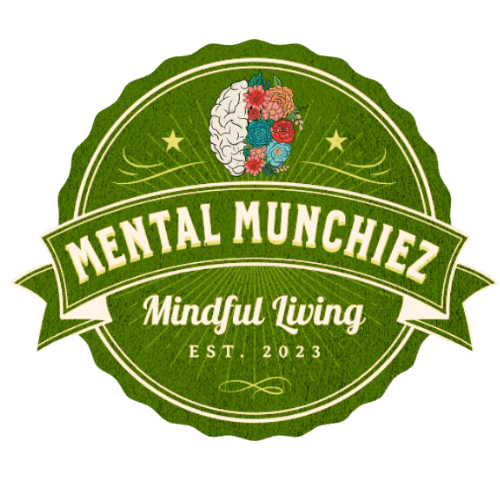Introduction: In the fast-paced digital era, where technology is omnipresent, mental health challenges have become increasingly prevalent. The ubiquity of smartphones and digital devices has given rise to a new set of concerns related to the psychological well-being of individuals. Fortunately, the same technology that contributes to these challenges also offers solutions. In this article, we will explore the digital mental health landscape and delve into free apps that can assist in cultivating positive habits for a healthier mind.
Understanding Digital Mental Health Challenges
- The Rise of Digital Stressors: As we immerse ourselves in the digital world, constant connectivity can lead to heightened stress levels. The pressure to stay connected and keep up with the influx of information contributes to digital stress, adversely impacting mental health.
- Social Media’s Impact on Mental Well-being: Social media platforms, while designed for connection, often result in social comparison and unrealistic standards. The curated content presented on these platforms can lead to feelings of inadequacy and negatively affect self-esteem.
- Screen Time and Sleep Disruption: Excessive screen time, especially before bedtime, can disrupt sleep patterns. The blue light emitted by screens interferes with the production of melatonin, the hormone responsible for regulating sleep, leading to insomnia and sleep disturbances.
Free Digital Mental Health Apps
- Headspace: Headspace is a renowned app that guides users through meditation and mindfulness exercises. With its user-friendly interface, it helps individuals develop a habit of being present, reducing stress and anxiety levels.
- Moodfit: Moodfit empowers users to monitor their emotional well-being by allowing them to track moods, identify patterns, and gain insights into their mental health. The app offers personalized suggestions for activities that can improve overall mood.
- Clear Fear: Tackling Anxiety: Specifically designed to address anxiety, Clear Fear provides users with coping mechanisms, relaxation exercises, and strategies to manage anxious thoughts. The app offers a toolkit to build resilience and confront anxiety head-on.
- Sleep Cycle: Enhancing Sleep Quality (Approx. 200 words): Acknowledging the critical connection between sleep and mental health, Sleep Cycle analyzes sleep patterns and wakes users during their lightest sleep phase. This fosters improved sleep quality and supports overall mental well-being.
Conclusion
In conclusion, as we navigate the digital landscape, it is crucial to recognize and address the mental health challenges that accompany our technological advancements. The featured free apps serve as valuable tools in fostering positive habits and mitigating the adverse effects of digital stressors. By incorporating these apps into our daily routines, we can actively contribute to our mental well-being in the digital age. Embracing the intersection of technology and mental health allows us to harness the positive aspects of digital advancements while proactively managing the challenges they bring.

